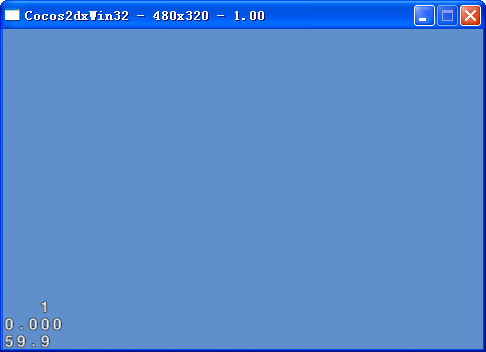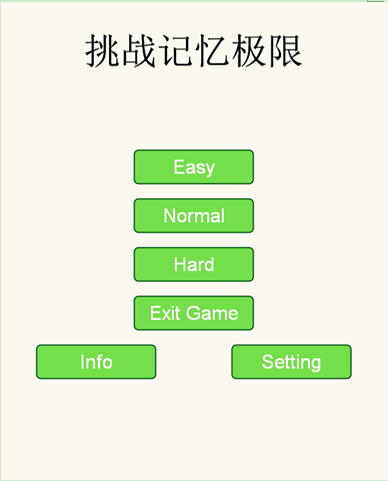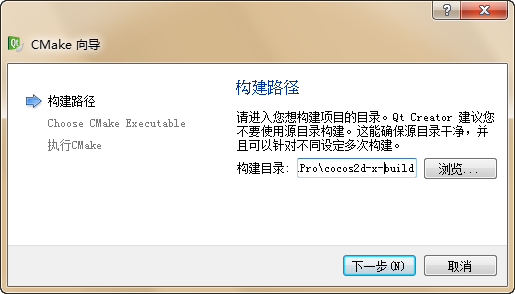这个帖子是介绍如何使用原生lua的API完成在c/c++中调用lua函数.
并非是cocos2dx封装的接口.不过,cocos2dx引擎的底层也是用的这些接口写的.
#include "ccluaStack.h"
#include "tolua_fix.h"
extern "C" {
#include "lua.h"
#include "tolua++.h"
#include "lualib.h"
#include "lauxlib.h"
#if (CC_TARGET_PLATFORM == CC_PLATFORM_QT ||CC_TARGET_PLATFORM == CC_PLATFORM_IOS || CC_TARGET_PLATFORM == CC_PLATFORM_ANDROID || CC_TARGET_PLATFORM == CC_PLATFORM_WIN32 || CC_TARGET_PLATFORM == CC_PLATFORM_MAC)
#include "lua_extensions.h"
#endif
}
我们在写代码的时候也可以直接调用下文的lua_open luaL_openlibs luaL_dofile lua_getglobal lua_pushinteger lua_pushinteger lua_call lua_pop lua_close等api.这个帖子很简洁,明了,很适合第一次做C++调用lua的朋友学习.
后续我会写一篇通过cocos2dx二次封装后的接口实现c++中调用lua函数的文章!搞cocos2dx的童鞋欢迎关注!
闲话少说,奉上由<Alex Zhou>撰写的优质文章 <<在c/c++中调用lua函数>>
_______________________________
以下是转载原文内容:
原文链接:
首先完成lua代码,创建sum.lua:
|
1
2
3
|
function
add(x,y)
return
x + y;
end
|
为了在c中调用lua中的add函数,首先需要把函数压入堆栈,然后把函数的参数压入堆栈,然后执行函数,最后从栈中获取函数返回值。先看看下面的代码:
|
1
2
3
4
5
6
7
8
9
10
11
12
13
14
15
16
17
18
19
20
21
22
23
24
25
26
27
28
29
30
31
32
33
34
35
36
37
38
|
#include <iostream>
using
namespace
std;
extern
"C"
{
#include "lua.h"
#include "lualib.h"
#include "lauxlib.h"
};
static
lua_State *L = NULL;
int
ladd(
x,
y) {
sum;
lua_getglobal(L,
"add"
);
lua_pushinteger(L,x);
sum = (
)lua_tointeger(L,-1);
lua_pop(L,1);
return
sum;
}
main() {
L = lua_open();
luaL_openlibs(L);
luaL_dofile(L,monospace!important; font-size:1em!important; padding:0px!important; color:blue!important; border:0px!important; bottom:auto!important; float:none!important; height:auto!important; left:auto!important; line-height:1.1em!important; margin:0px!important; outline:0px!important; overflow:visible!important; position:static!important; right:auto!important; top:auto!important; vertical-align:baseline!important; width:auto!important; min-height:inherit!important">"sum.lua"
);
sum = ladd(10,20);
cout <<
"sum="
<< sum << endl;
lua_close(L);
0;
}
|
在ladd函数中执行了lua中的add函数,首先看lua_getglobal函数:
void
lua_getglobal (lua_State *L,
const
char
*name);
|
把全局变量 name 里的值压入堆栈。这个是用一个宏定义出来的:
这里lua_getglobal(L,“add”)把add函数压入堆栈,接着把x和y参数压入堆栈,然后调用lua_call执行add函数,关于lua_call函数:
接着把需要传递给这个函数的参数按正序压栈;
这是指第一个参数首先压栈。
最后调用一下lua_call; nargs 是你压入堆栈的参数个数。
而函数的返回值这时则被压入堆栈。
返回值的个数将被调整为 nresults 个, 除非 nresults 被设置成 LUA_MULTRET。
在这种情况下,所有的返回值都被压入堆栈中。 Lua 会保证返回值都放入栈空间中。
函数返回值将按正序压栈(第一个返回值首先压栈), 因此在调用结束后,最后一个返回值将被放在栈顶。
这里lua_call(L,1)是指函数有两个参数和一个返回值。
lua_tointeger(L,-1):表示从栈顶取得返回值。
lua_pop(L,1):表示从堆栈中弹出一个元素,因为此时add函数已经执行完毕,参数和函数本身已经出栈,堆栈中只有返回值。
main函数中的代码跟上篇博客差不多,就不过多解释了。
ctrl+f5,最终运行结果如下:
相关话题:




